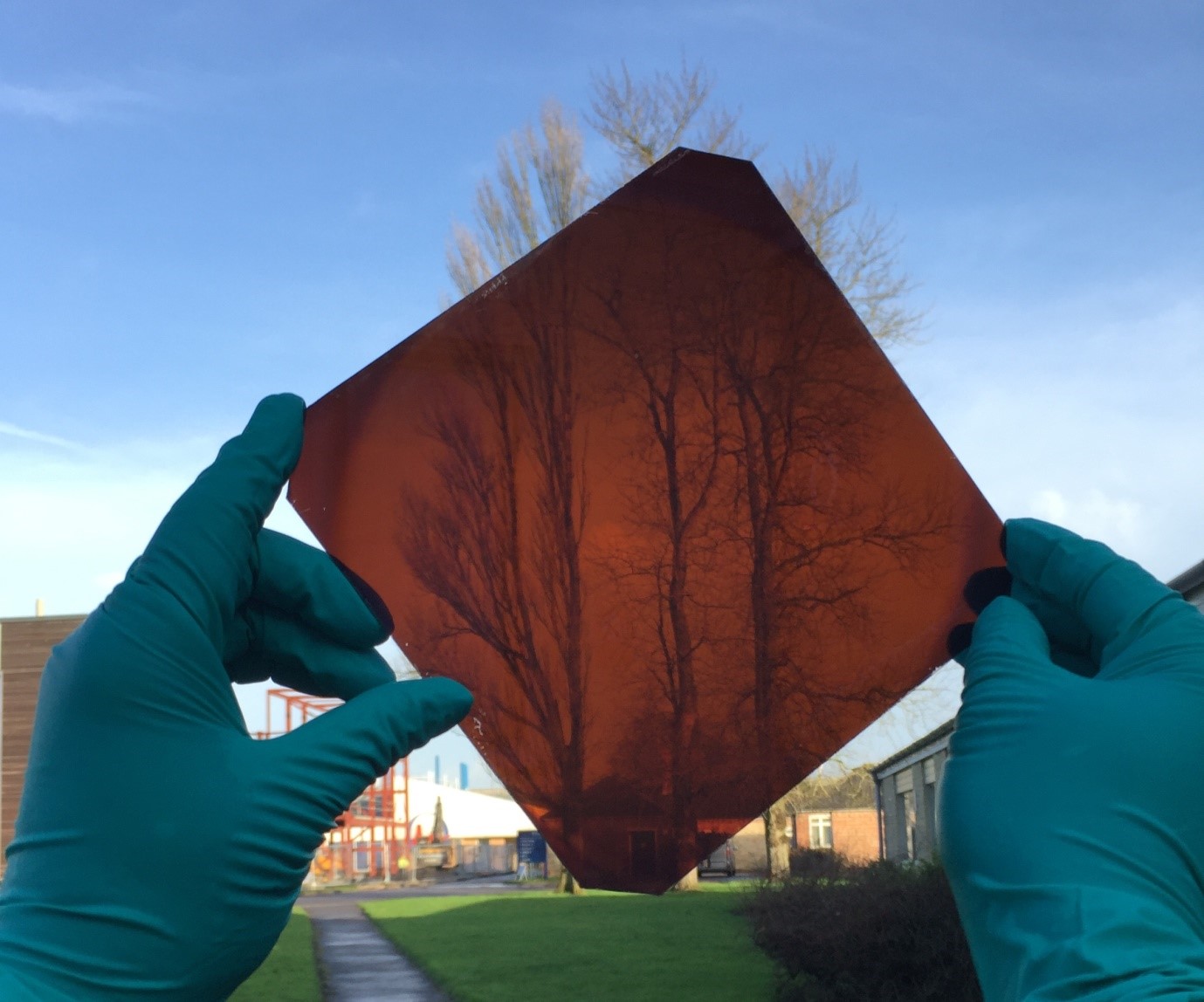Since January I’ve been working with scientists and engineers at Oxford Photovoltaics, a start-up company spun out from Oxford University research that aims to scale up and commercialise perovskite solar cells (so named for the crystal structure of the absorber material).

Perovskite cells have obtained similar efficiencies to established solar cell technologies like silicon, but are thinner, cheaper and easier to make. They can also be engineered to absorb a different part of the visible solar spectrum than silicon and so be integrated straight on top of silicon cells to make a tandem device that is more efficient than either component on its own.
Instability has been a major problem to solve for perovskite cells, but the research community has made rapid progress on designing more stable devices since they were first reported just a few years ago.
How did I identify this placement?
Basically by speaking to people! I met engineers from Oxford PV at a conference in Swansea and asked if they’d consider hosting a placement student. An interview and a few logistical matters later it was somehow already time to begin.
What were the key differences to working in an academic setting?
The pressures definitely feel different to academia. At University you want to explore research questions in depth and preferably be the first person to publish and tell the world about your science, while in industry everything is kept under wraps. You have to focus on quickly delivering the commercial aspects of the research, even if it means leaving interesting tangential questions unanswered, since the commercial competition is fierce.
What would I recommend for students thinking about an internship?
Absolutely go for one! Be careful that both you and the host organisation know what to expect, bring energy and enthusiasm to the role and it’s a real chance to learn a lot in a different environment, potentially outside your comfort zone. Three months is not a lot of time to execute a project in a new setting, so I had to quickly get up to speed with procedures and equipment. The result is that I’ve had a fantastic time, learnt a huge amount both scientifically and about how things are done in a start-up company and met many people working on making a promising new renewable energy technology into a commercial reality.
Oli is studying towards his PhD on 'Optimizing energy harvesting processes in metal halide photovoltaics' with Professor Mark Weller and Professor Chris Bowen.
Respond


